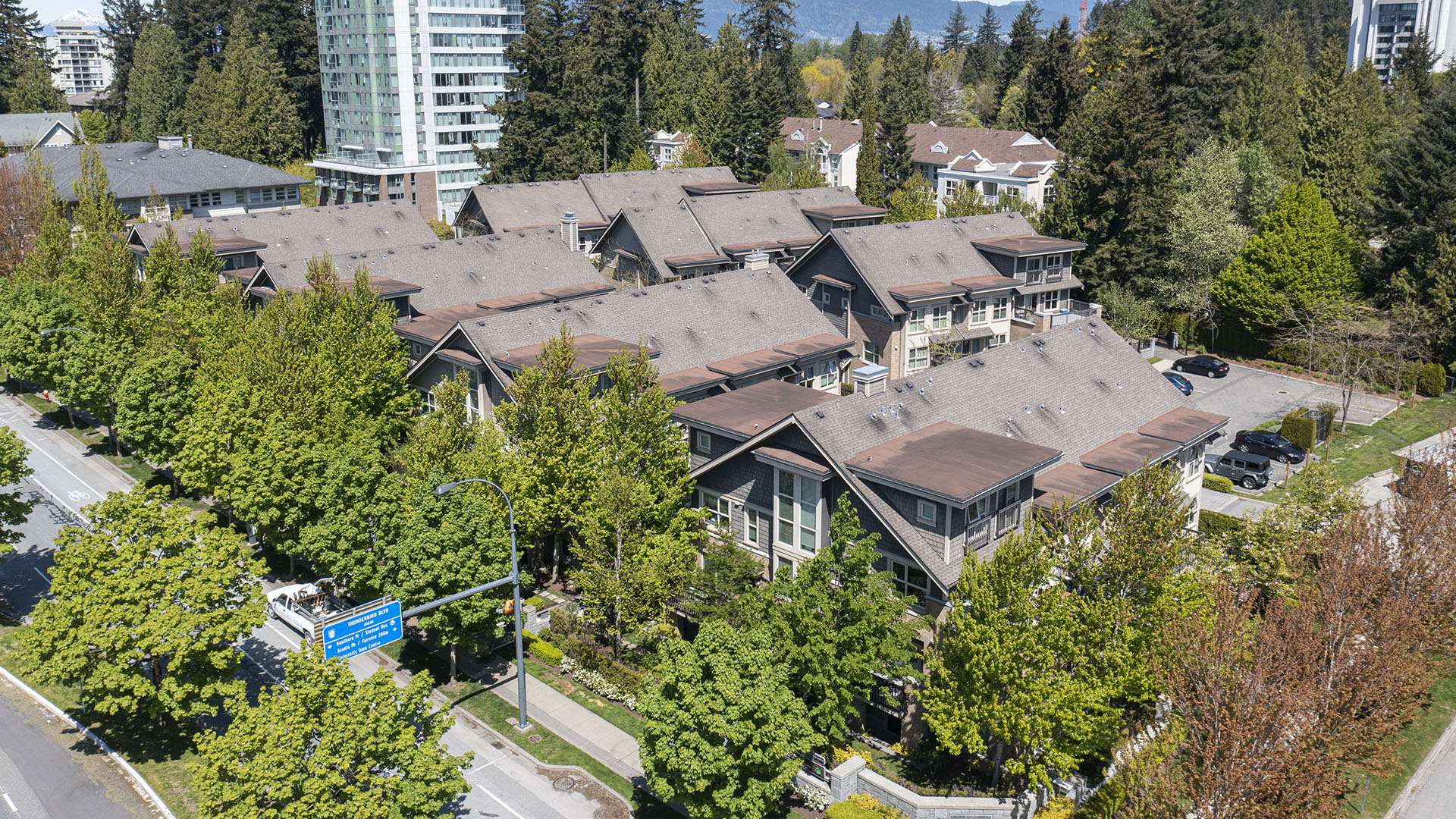Campus tenants living in university housing are calling on UBC to stop raising rents.
As rents continue to drop in Metro Vancouver and Canada’s other major cities, students, staff, and faculty renting through UBC and UBC Properties Trust are calling out the university for continuing to raise the cost of housing on campus.
Tenants living in UBC rental housing at Acadia Park have been hit with a 3.5 per cent rent hike this Spring. The university initially told residents their rents would be increasing by 5 per cent, which sparked a backlash by tenants and was followed by the university backtracking and reducing the proposed increase.
A spokesperson from UBC Tenants – VTU (Vancouver Tenants Union) told The Campus Resident the decrease was welcomed, but more needs to be done to improve landlord-tenant relations on campus.
“This keeps more money in the pockets of student families on campus,” the spokesperson said. “It also shows us what is possible when tenants get together and directly confront our landlord.”
“… even though UBC lowered the rent increases at Acadia park to 3.5 per cent, this is still above the currently allowed provincial amount of 3 per cent this year.”
The spokesperson said UBC Housing is able to increase rents above the provincial limit as the university is not bound by the Residential Tenancy Act.
The spokesperson described the current housing situation on campus as “unsustainable for many UBC tenants,” as many renters are dealing with stagnant wages and funding packages while the cost of living and education continue to rise.
“The results of this are devastating,” the spokesperson said.
“We’ve heard from many tenants who’ve said they spend the majority of their funding on rent, with some people saying as much as 90 per cent of their income goes towards rent. Every week at Acadia Park, there are long lines to receive food staples from UBC’s own Acadia Food Bank.”
UBC/West Point Grey is ranked by Liv Strategies as the 3rd most expensive neighbourhood in the city, behind the West End (ranked first) and Downtown.
That distinction – combined with ongoing annual rent increases – has some Wesbrook Place tenants questioning their decision to move to campus, as well as UBC’s commitment to provide affordable, below-market housing in what the university describes as “one of the world’s least affordable regions”.
One of those residents is Mike O’Connor, who moved into staff housing with his wife – a UBC faculty member – and children in 2024.
Shortly after settling in to their new home, however, he found out that they were paying as much as $1,500 more per month than their neighbours who’d moved in years before them – for nearly identical units.
O’Connor’s neighbour, who spoke to The Campus Resident and asked to remain anonymous, found themselves in a similar situation after moving into a 4-bedroom unit with their partner and dependents in late 2023.
Both said what makes the situation untenable is repeated annual increases in their rents by landlord Village Gate Homes. This means they both will be perpetually paying more than their neighbours, even those who have moved in after them as advertised rents have dropped, for nearly identical units.
“Increasing rents every year indiscriminately at the maximum percentage allowable by law for UBC staff and faculty doesn’t make sense,” the neighbour said.
“Taking into account these rent increases, we will perpetually be paying more rent than everyone”.
Both said they’ve reached out to Village Gate Homes and UBC to address their grievances, but they said their concerns have been largely ignored.
“They literally looked at me in the eye and said ‘If you don’t like living here, you can move out’”, the neighbour said, recounting an exchange with a Village Gate Homes staff member.
“UBC faculty housing has been completely unhelpful in any of this,” said O’Connor. “While they acknowledge that a lot of it is not fair and not right, they’ve claimed that there’s nothing that they can do about it, because UBC Properties Trust acts completely independent from the university itself.”
The Campus Resident initially contacted UBCPT with questions for this article, who then referred all questions to UBC Housing, Immigration, & Relocation Services. The newspaper then contacted UBC through its media relations department.
The university did not directly respond to the questions but issued a statement that stated market-reduced rental rates are “on average” 25 per cent below market for the 1,400 units available exclusively to UBC staff and faculty.
The statement said the pricing structure and rent increases are “… designed to balance affordability with the costs associated with building, maintaining and operating these homes and to encourage faculty and staff residents to stay and enjoy UBC’s unique communities.”
“These adjustments help ensure the long-term financial viability of the housing program amidst rising supplier costs, allowing VGH to cover operating expenses such as maintenance and repairs across the portfolio,” the statement reads.
